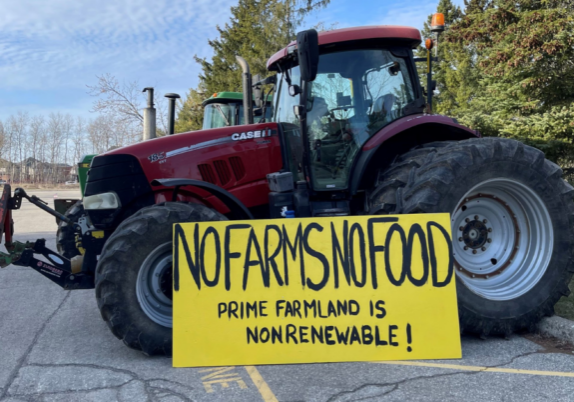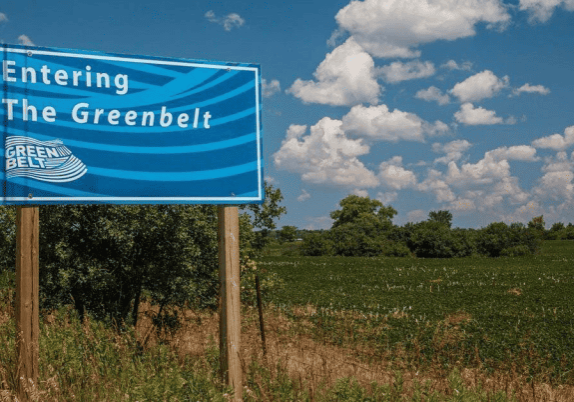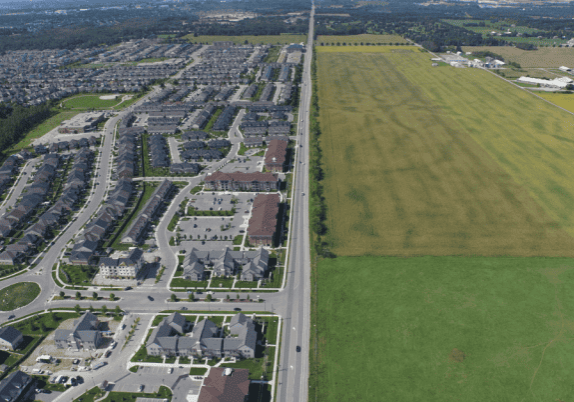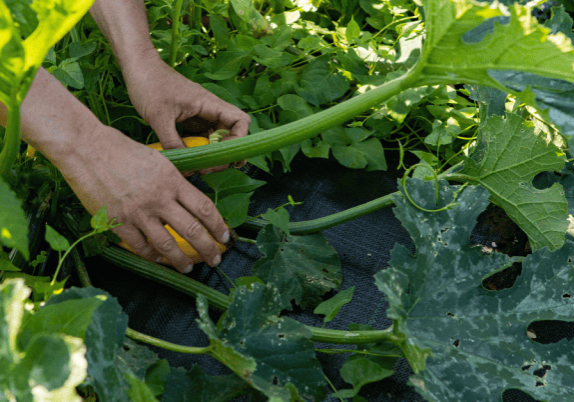Local Food Requires Local Abattoirs says NFU-O
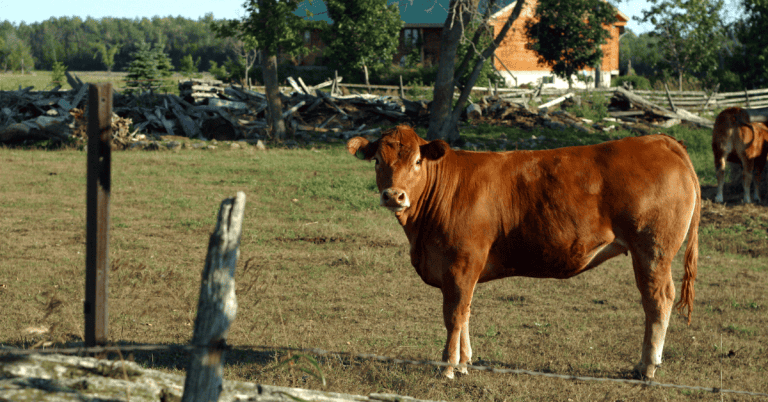
The need for more regional meat processing capacity in Ontario has never been so evident. The closure of two of Canada’s largest beef processors due to an outbreak of COVID -19 infections amongst employees has made that clear. While the employees from those plants isolate themselves and try to recover, farmers who sell their cattle to these plants are left with animals to care for and feed, or worse yet, euthanize because there is no market for them. And while the effects of slowed beef processing are only starting to be felt, Canadians are beginning to see the weaknesses of our food supply chain.
But this is not all bad news. The pandemic outbreak provides us the opportunity to realize the flaws in our food system and make the changes that will bring resilience and food security to Canadians. The NFU-O has repeatedly advocated for policies that would bring about this change. Now more than ever, one key area that needs to be addressed is the lack of provincially licenced abattoirs in Ontario. The situation is serious.
“The number of abattoirs has fallen almost by half since 1995. This shortage is stalling the growth of local food production and regional food distribution. It increases travel time to abattoirs which affects animal welfare and the farmers’ ability to earn a living.” says NFU-O Council member, Hilary Moore. “Most, if not all of these small meat processing businesses are family-owned and operated, employing people from the local community,” she adds.
Provincially licensed abattoirs are a major part of a healthy, regional agricultural system. Without them, small and medium sized livestock farms who sell their product to their local communities cannot exist. Without them, meat production is forced into a system of massive scale and concentration, motivated by corporate interests, not farmers’ or consumers’ interests.
One of the major hurdles for these essential businesses is that they are required to follow the same food safety regulations that have been developed in the context of the higher risks for contamination and dissemination posed by large-scale production and untraceable distribution that has led in the past to blanket industry shut-downs. It has gotten to the point that it is unaffordable and unnecessarily time-consuming for new and existing abattoirs to meet requirements. So, they close. The NFU-O is asking for scale-appropriate regulations which encourage regional food production, processing and distribution and recognizes their very important public health benefit of short traceable supply chains from farmer to abattoir to consumer.
‘We are encouraged by the Prime Minister’s announcement yesterday and want to see some of the $77 million go to small and medium scale processors that are serving regional and local markets”, says NFU-O President, Don Ciparis. “Expanding their capacity reduces reliance on international corporations, creates jobs, makes Canada’s livestock sector more resilient, and Canada’s food supply more secure.”
For more information, contact:
Hilary Moore, NFU-O Board Member* – 613-259-2177
Don Ciparis, NFU-O President – 519-785-0001
*And a farmer who currently has to book her animals six months in advance at her nearest abattoir an hour and a half drive away.

